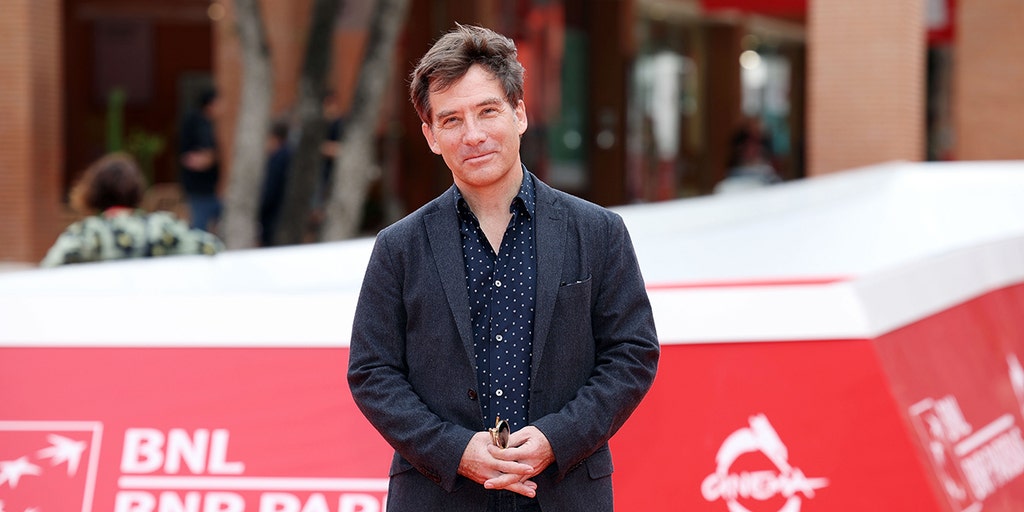Director James Hawes, renowned for his collaborations with esteemed actors like Gary Oldman and Anthony Hopkins, recently addressed the House of Commons with a sobering reflection on the future of storytelling in the digital age. With a career spanning acclaimed television series and blockbuster films, Hawes brings a wealth of experience to his insightful analysis of the intersection between human creativity and artificial intelligence (AI).

British director James Hawes spoke about British film and high-end television to the Culture, Media and Sport Committee at the Houses of Parliament, London. (House of Commons/PA Images via Getty Images)
In his testimony, Hawes painted a vivid picture of a near-future where AI-generated content becomes increasingly prevalent, reshaping the landscape of entertainment production. Drawing parallels to recent advancements in AI technology, he warned of a potential paradigm shift that could see AI algorithms crafting intricate scenes and narratives with unprecedented efficiency. While acknowledging the allure of such advancements, Hawes underscored the enduring value of human intuition and emotion in the creative process.

Hawes has directed TV shows like “Slow Horses” starring Gary Oldman for AppleTV+ and films like “One Life” starring Anthony Hopkins. (Jeff Spicer/Getty Images for Warner Bros)
As technology continues to blur the lines between reality and simulation, Hawes emphasized the indispensable role of human ingenuity in injecting authenticity and depth into storytelling. Reflecting on his own experiences on set, he shared poignant anecdotes of spontaneous moments of inspiration that breathed life into his projects, moments that defy replication by even the most sophisticated AI systems. Beyond the realm of entertainment, Hawes urged for a nuanced understanding of AI’s capabilities, emphasizing its potential as a complementary tool rather than a replacement for human creativity.

Hawes cited a spontaneous moment on set with Anthony Hopkins as proof human creativity will still be essential even with the rise of AI. (Patrick T. Fallon/AFP via Getty Images)
In navigating the complexities of AI integration, Hawes called for a concerted effort to equip creatives with the necessary skills and safeguards to harness technology responsibly. Echoing sentiments echoed by industry leaders worldwide, he stressed the importance of proactive measures to protect the integrity of artistic expression in the face of rapid technological advancement. With the House of Commons Committee on Culture, Media, and Sport at the forefront of these discussions, Hawes urged policymakers to champion initiatives that promote collaboration and innovation while preserving the essence of human storytelling.

Hawes urged the committee to improve training in AI technology for creatives but also sought protections similar to those won by the writers and actors guilds in the U.S. (Daniele Venturelli/WireImage)
In conclusion, James Hawes’ impassioned testimony serves as a rallying cry for a future where AI and human creativity coexist harmoniously, each enriching the other in a dynamic tapestry of innovation and expression. As society embarks on this transformative journey, guided by the insights of visionaries like Hawes, it is imperative that we remain steadfast in our commitment to honoring the human spirit at the heart of storytelling.
